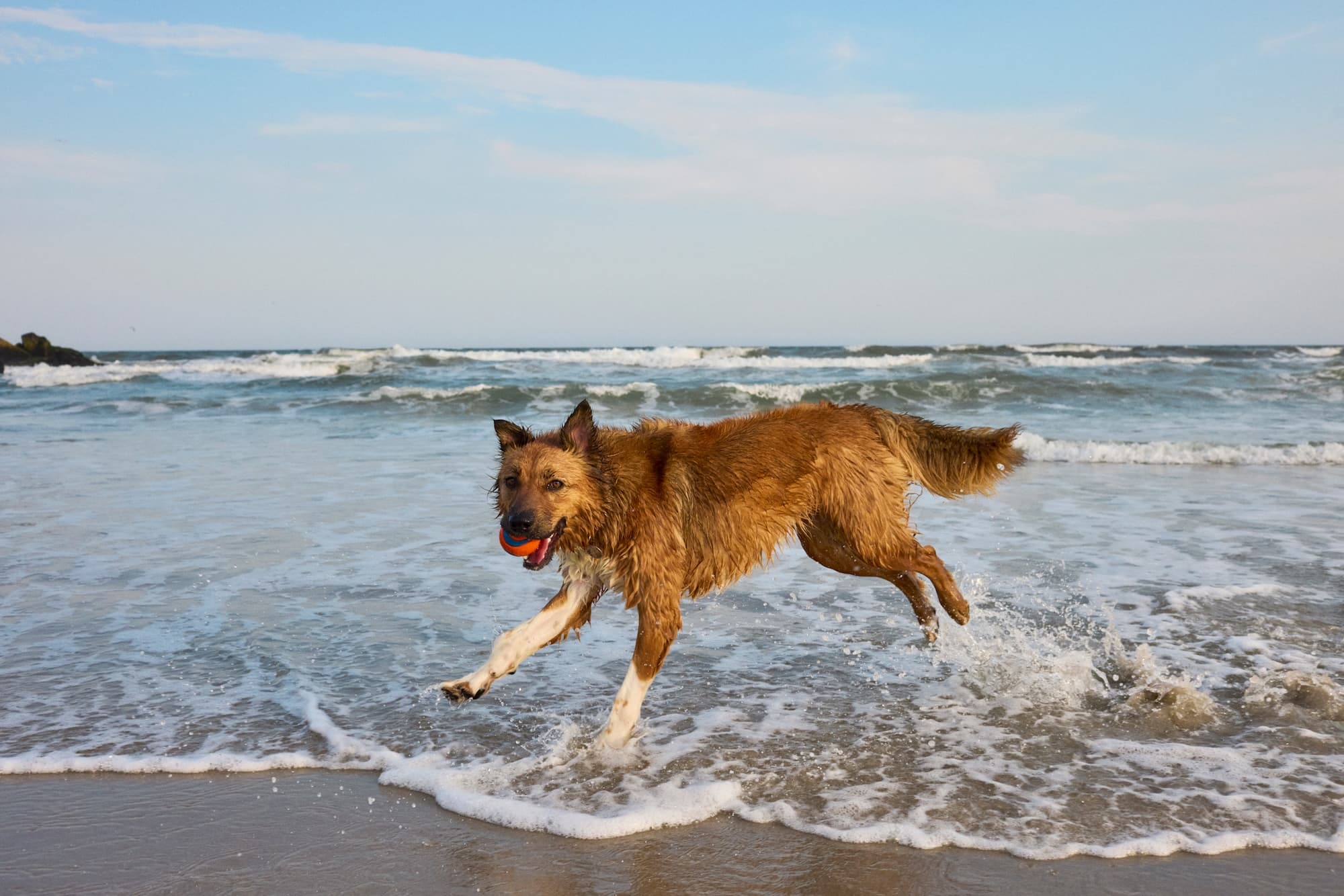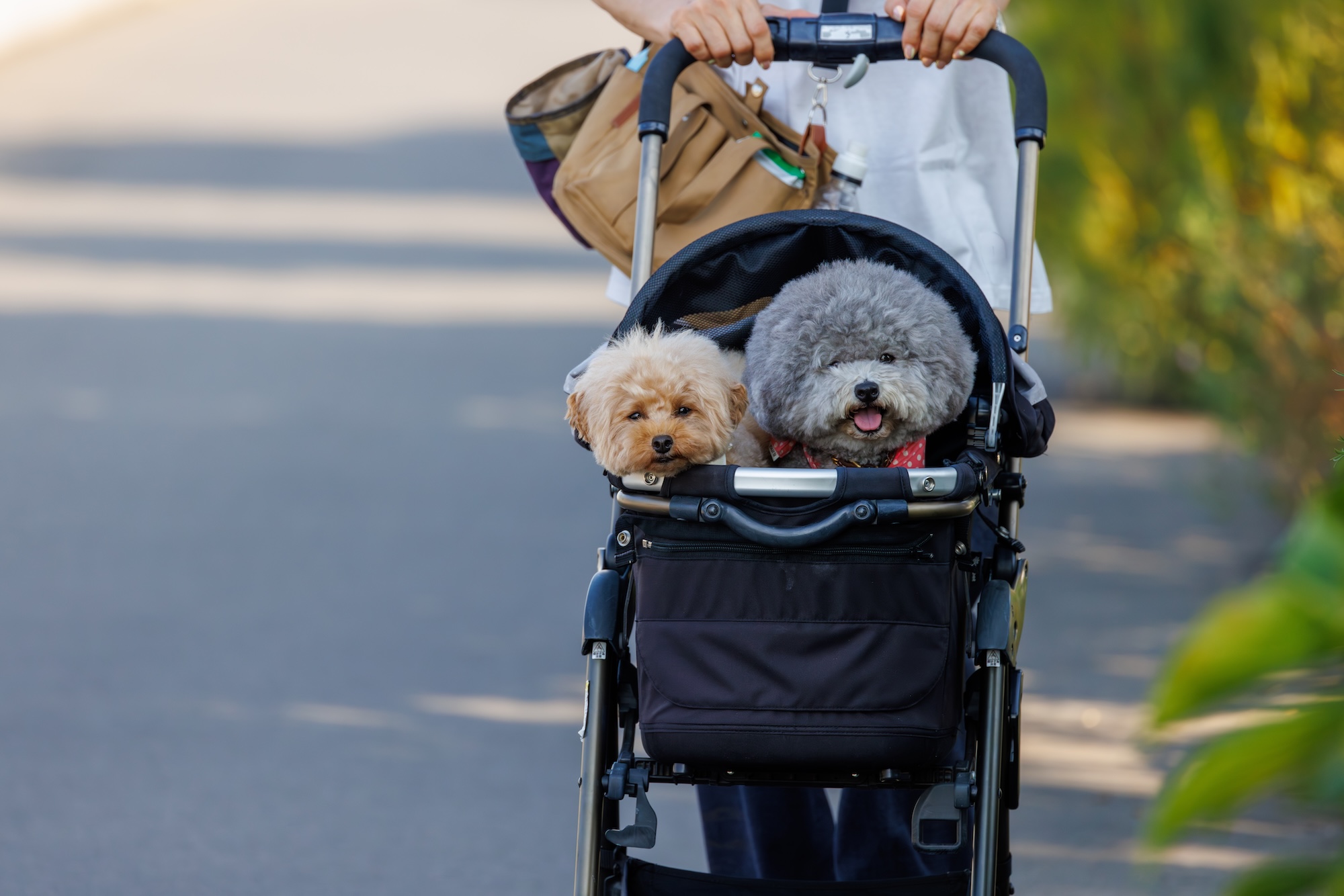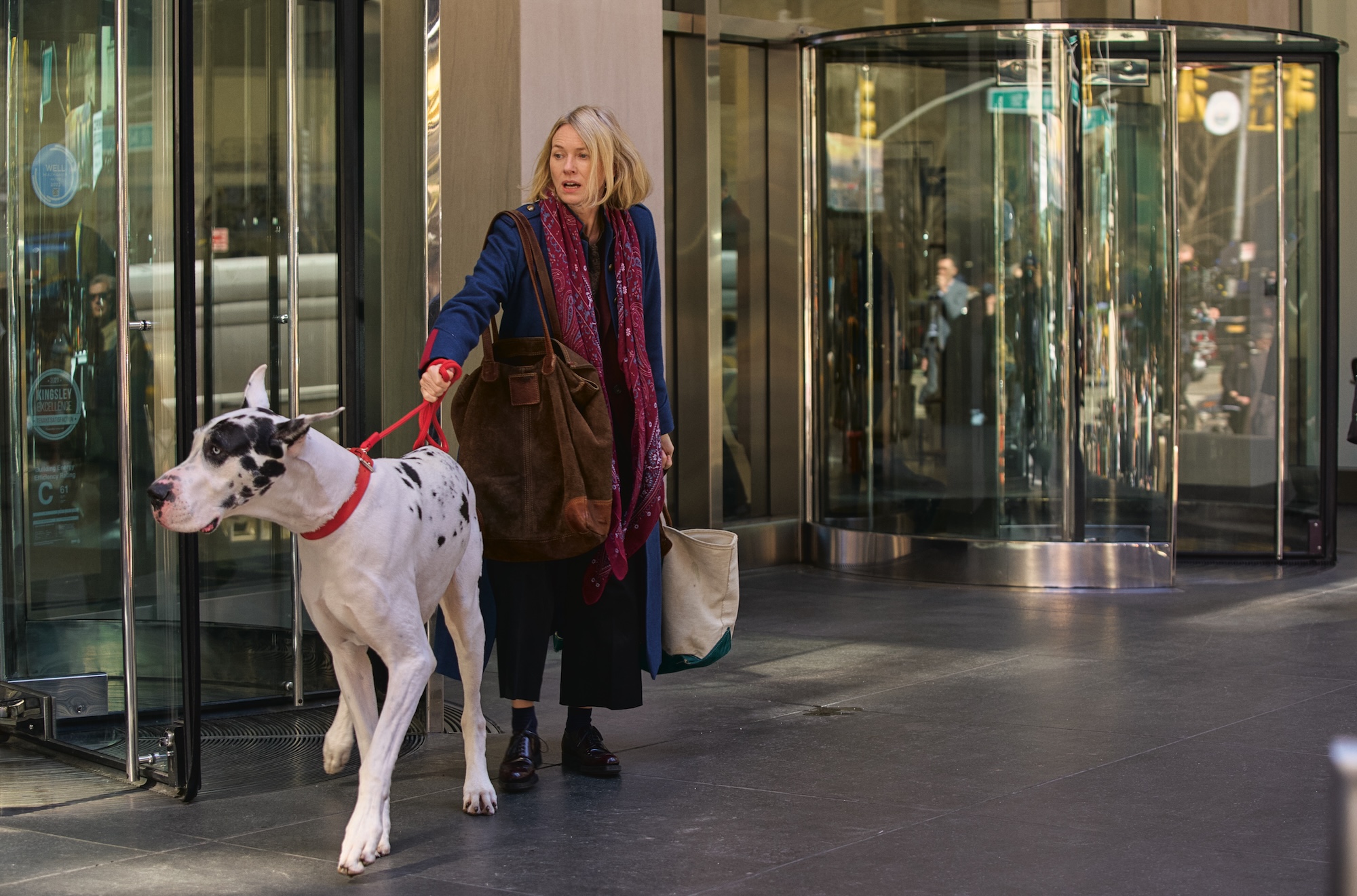This article was updated in March of 2025.
When your puppy looks up at you with their famously expressive face, you may feel compelled to give them whatever they want. But why? Here’s what we know.
Looking into a puppy’s eyes feels good
Anyone with a dog knows that gazing into their eyes can be an emotional experience, and science backs up that gut feeling. A 2015 study found that, when dog people and their pups spent more time looking into each other’s eyes, they experienced increases in the so-called “love hormone” oxytocin. Oxytocin’s effects are complicated, but this research nevertheless supports what you probably know in your gut—eye contact with a dog you love is a powerful bonding experience.
Now, eye contact with a dog is not always a good thing—a stare with stiff body posture, for example, can be a sign of fear, aggression, or stress. It’s not a good idea to stare at a dog you don’t know well. But if your own dog looks relaxed and happy while gazing at you, it probably means they want your attention or love you.
Puppies’ faces are built to be expressive
Research has found that dogs, unlike wolves, possess facial musculature that allows them to display an expression that looks sad to humans and makes us want to take care of them. The study’s authors put it this way: “Behavioral data show that dogs … produce the eyebrow movement significantly more often and with higher intensity than wolves do, with highest-intensity movements produced exclusively by dogs.”
Dogs aren’t the only ones who have evolved this ability—a more recent study found that coyotes have the muscles to make “puppy dog eyes,” too, and coyotes are not suited to be household pets. But the bottom line is that, unlike some other animals, puppies have the physical capability to make faces that humans perceive as sad.
Dogs who look guilty might feel guilty
Whether dogs feel guilt the way humans do is a complex question, and if you want a tremendous amount of detail on the subject we recommend reading our deep dive. But, while we can’t read dogs’ minds and interpret the exact meaning behind every look on their faces, we can be sure that they do have feelings and care about how they’re treated. So always be kind and patient with your dog, from puppyhood through their senior years—it will make you both closer and happier.




